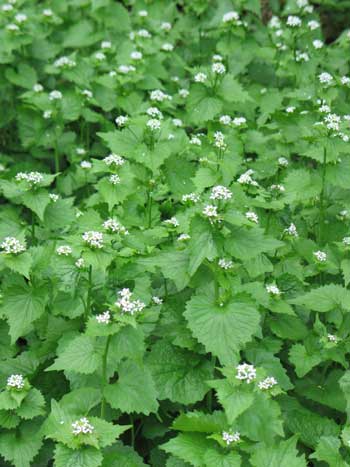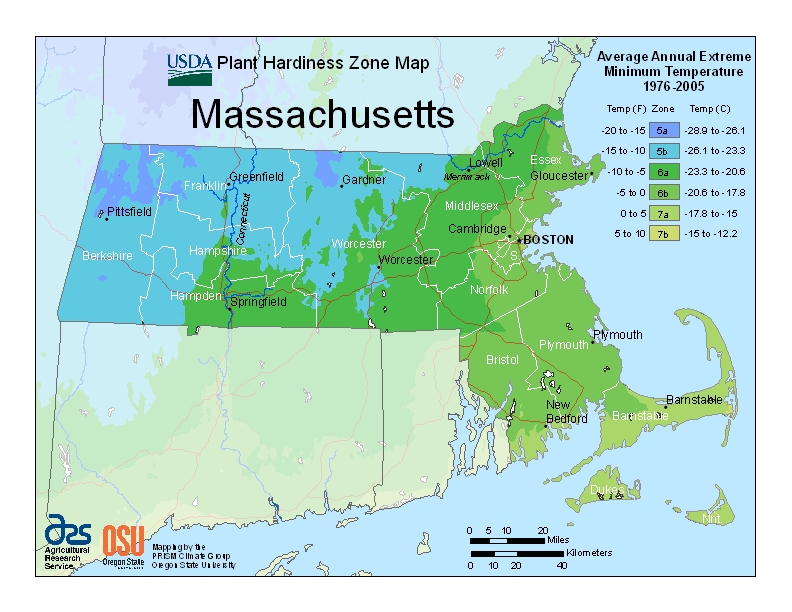Two observations after having spent much of last weekend gardening:
My body is shit. I need to get more exercise.- I don’t know how I managed to get by all these years without a soil knife. It is one incredibly useful tool. How did I ever make do with just a trowel?
UPDATE: The weekend’s major project was to build two raised garden beds. My wife spend a good chunk of time over the winter researching options and settled on a 4 ft x 8 ft design. The Sunset design was a good template but we made a few changes when it came time to build. Specific changes:
- We used single 2×10 planks rather than stacked 2×6’s
- Used 1-5/8 x 1-5/8 corner posts rather than 4×4’s
- Used #12 wood screws rather than #14.
- No wire mesh liner. (Not necessary.)
- We didn’t attach the 1-in PVC pipe sections to the inside (the ones to hold hoops)
Materials for two beds:
- Two 12-ft 2×10 spruce planks ($16 ea)
- One 8-ft 1-5/8 x 1-5/8 pine ballister post. Cut it into eight 1-ft sections for corner posts. ($10-ish. I don’t recall exactly how much.)
- Box of 100 3-in #12 wood screws. Steel. ($17-ish. Brass would have been about $75.)
- Two cubic yards of compost. ($35/yd plus $20 delivery charge)
- One 30-ish lb bag of partially-composted chicken manure. ($5)
- One gallon of Seal-Once waterproofer. Chosen because it’s non-toxic. ($60/gallon)
Total cost approximately $210 for two finished beds. I figure we’ll get at least five years out of the wood. (We have a friend who used untreated wood for hers and they’re fine after four years.) Provided we do, that seems like a very modest investment.


